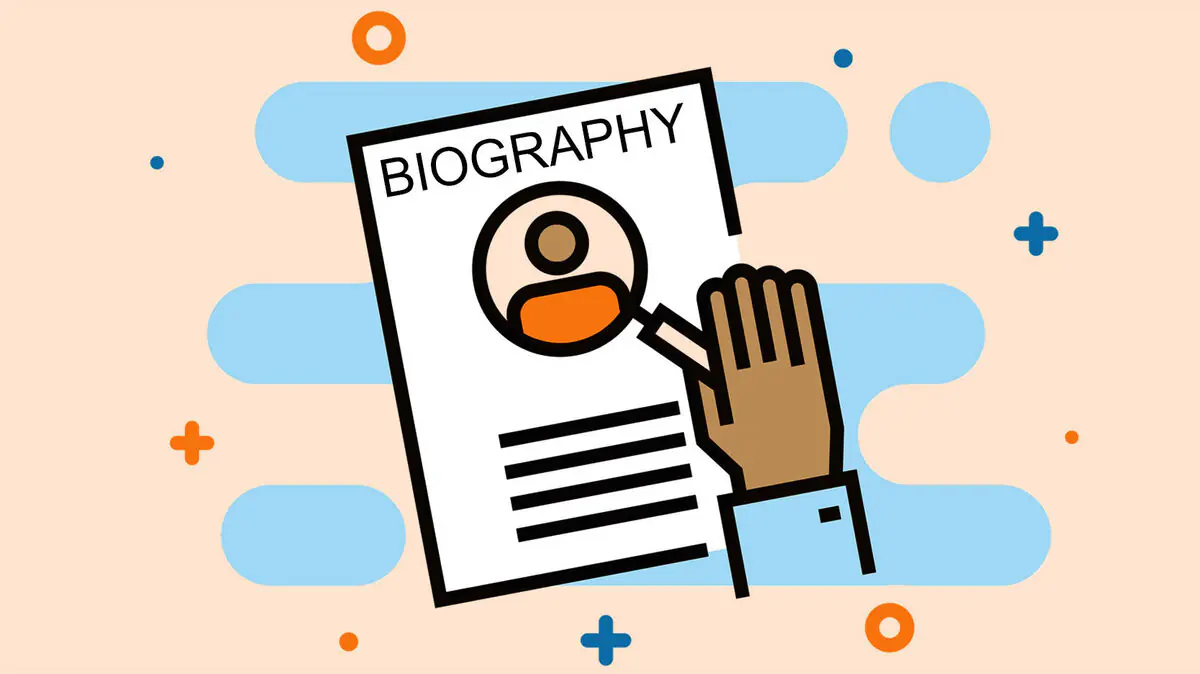Understanding the Difference: Bibliography vs. Biography
The words “bibliography” and “biography” often cause confusion due to their similarity in sound and spelling. However, they have distinctly different meanings, particularly for researchers, writers, and anyone fascinated by documenting lives and bodies of work. This article will offer a clear breakdown of each term, their purposes, and when to use one over the other.
What is a Bibliography?
A bibliography is a comprehensive list of all sources consulted or referenced in the process of creating a piece of writing. This could be a research paper, book, article, or even a presentation. Bibliographies come in various formats depending on the style guide (such as MLA, APA, or Chicago) governing your work.
Here’s what bibliographies aim to accomplish:
- Providing Source Citations: Bibliographies give detailed information about where a writer found their research material. This includes titles, authors, publication dates, publishers, and other relevant details.
- Acknowledging Research and Avoiding Plagiarism: A bibliography demonstrates academic integrity and transparency by giving credit to authors whose ideas and knowledge contributed to the writer’s work. It safeguards against unintentional plagiarism.
- Enabling Further Exploration: A well-organized bibliography is a road map for readers interested in deeper study of the subject. It offers a curated list of reliable sources to support independent exploration.
Types of Bibliographies
While sharing the same core purpose, bibliographies come in varying styles:
- Works Cited: As their name suggests, these list only sources that have been directly cited or quoted within a text. MLA format emphasizes this type of bibliography.
- Annotated Bibliography: These go beyond merely listing. Each source is followed by a brief description or critical evaluation, explaining its content, relevance, or potential strengths and weaknesses.
- Selective Bibliography: Here, a narrower and focused selection of works is offered. Perhaps those deemed most important, recent, or adhering to a specific approach to the topic are highlighted.
What is a Biography?
Unlike a bibliography, a biography offers a detailed, written account of a person’s life. It goes beyond simple facts and dates, crafting a narrative that explores the subject’s experiences, challenges, achievements, and their lasting impact on society.
Biographies focus on these important aspects:
- The Subject’s Life Story: It chronologically documents life events, from birth to death (or even the present day depending on the subject). Significant occurrences, decisions, and their influences on the subject’s development are central features.
- Personality and Inner World: Good biographies attempt to reveal the subject’s character, motivations, and aspirations. This paints a fuller picture of them as an individual, not just a series of accomplishments.
- Historical Context: Biographies ground the individual within their historical time and place. Understanding the social, political, or cultural climate surrounding their life adds depth and dimension to the biographical narrative.
Types of Biographies
The art of biographical writing takes different forms:
- Authorized Biography: Here, the writer receives cooperation and input from the subject or their family if the subject is deceased. They offer access to exclusive materials like personal letters or interviews.
- Unauthorized Biography: The writer independently researches the subject’s life, relying on publicly available material, archival sources, and potentially interviews with those who knew the person.
- Autobiography: This unique form is a first-person account written by the subject about their own life. An autobiography offers unmatched intimacy but can also have subjective limitations.
Bibliography vs. Biography: Key Contrasts
| Characteristic | Bibliography | Biography |
|---|---|---|
| Purpose | Lists sources and acknowledges research | Tells a person’s life story |
| Focus | External research materials | Internal aspects – character, thoughts, choices, experiences of the subject |
| Scope | May be specific to a single project or topic | Offers a holistic, potentially broad narrative across a person’s lifetime |
When to Use Bibliography vs. Biography
It’s important to utilize each when the writing or project demands it:
- Writing Research Papers: For research-based writing, a bibliography is indispensable to demonstrate your commitment to ethical practices and guide readers interested in further study.
- Learning About Someone: If you wish to gain in-depth knowledge of a historical figure, public personality, or someone influential in your field, a biography is an ideal form for comprehensive discovery.
In Conclusion:
While a bibliography lists sources, a biography tells a story – the story of a human life. Though easily mixed up, their distinct purposes and approaches set these two writing forms apart. Understanding the specific function of each empowers you to use them with precision in your work or studies.
